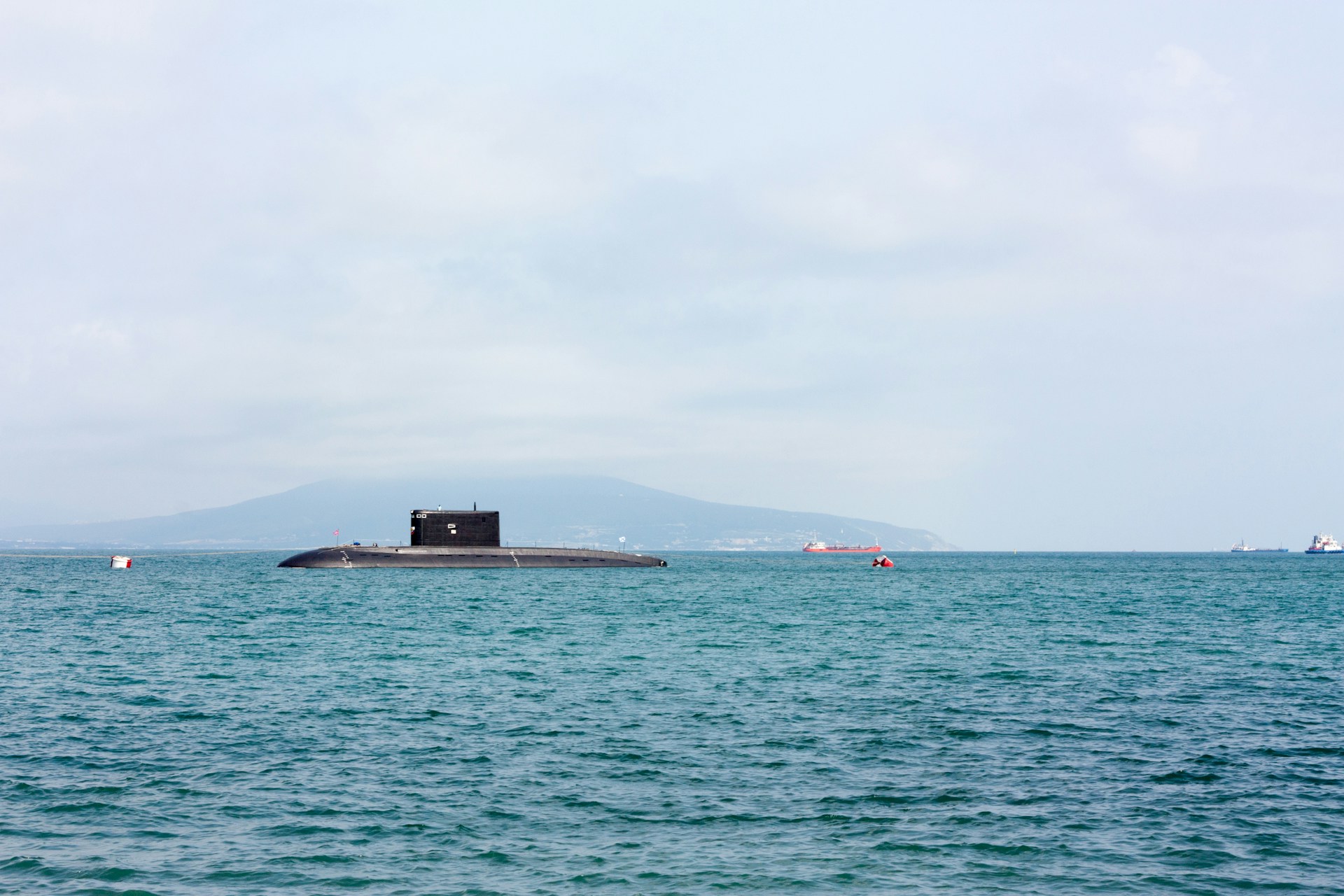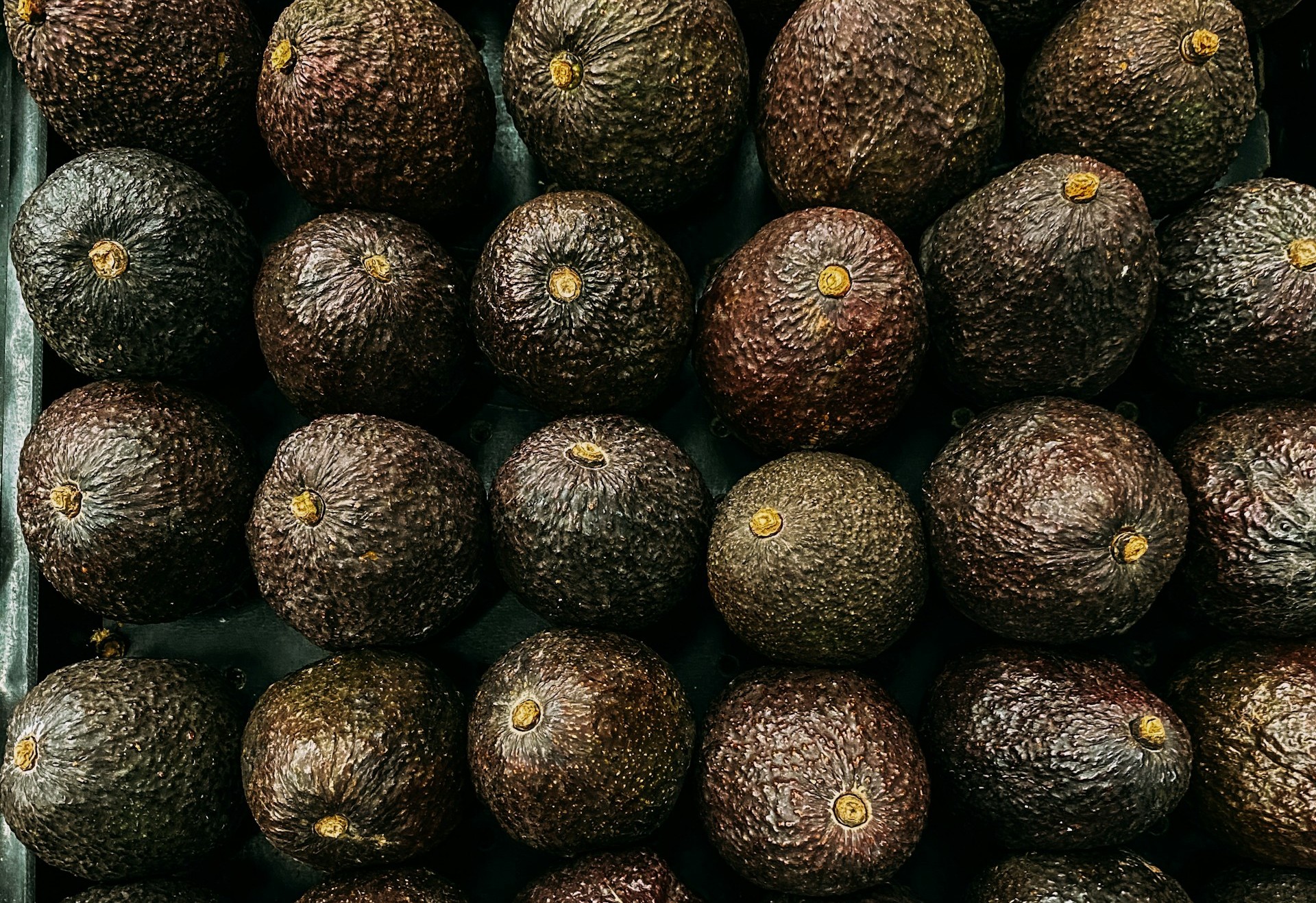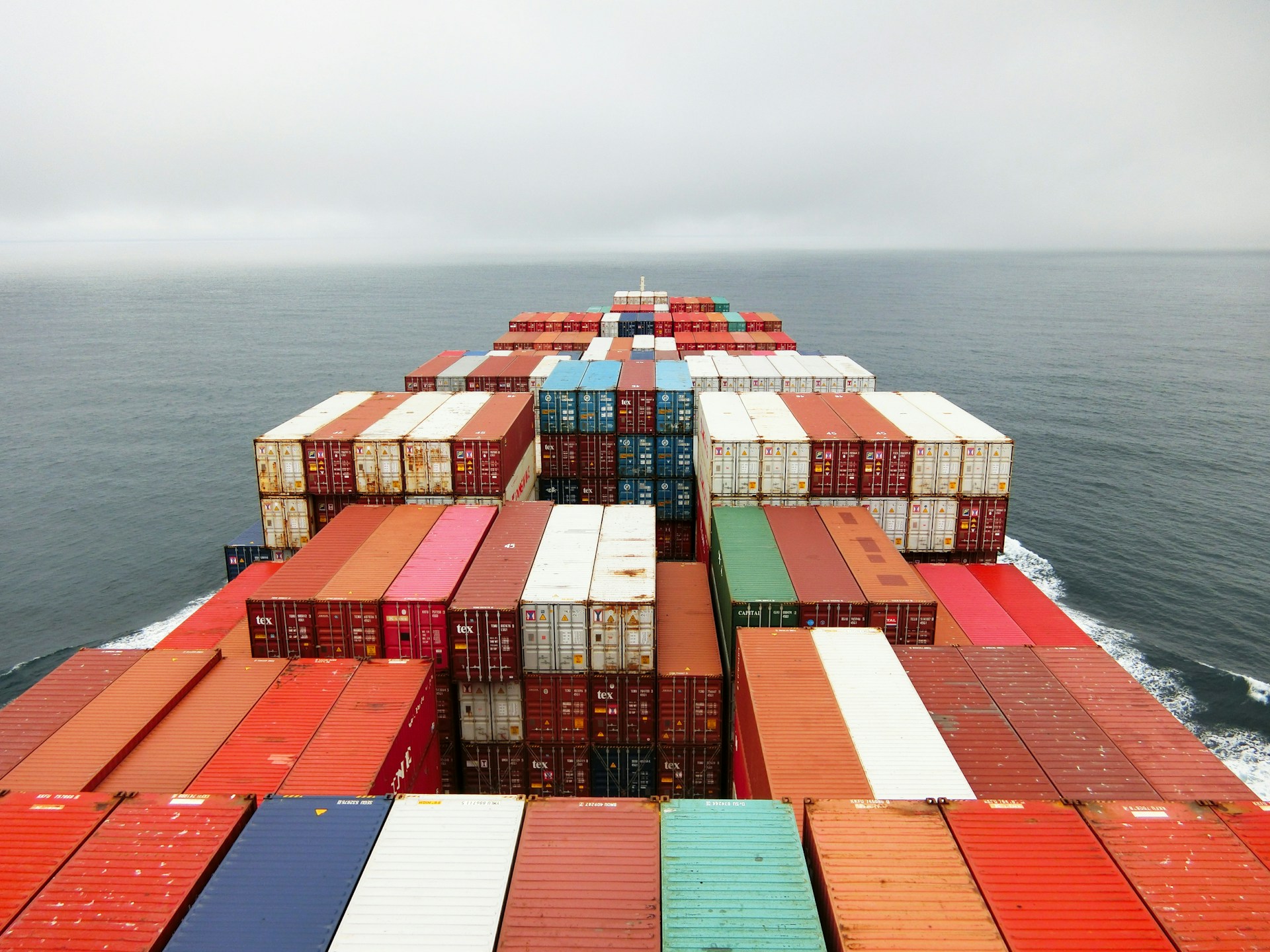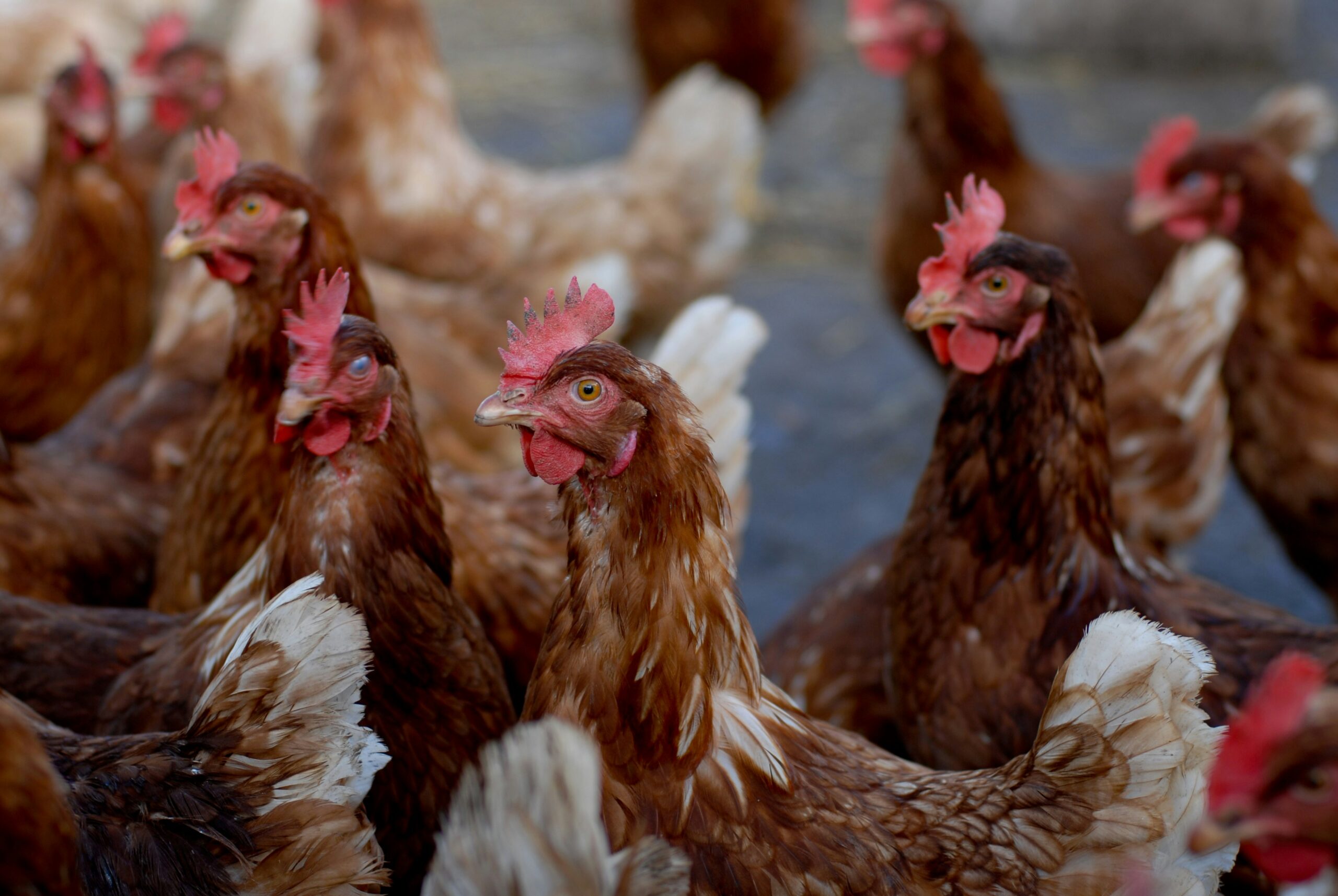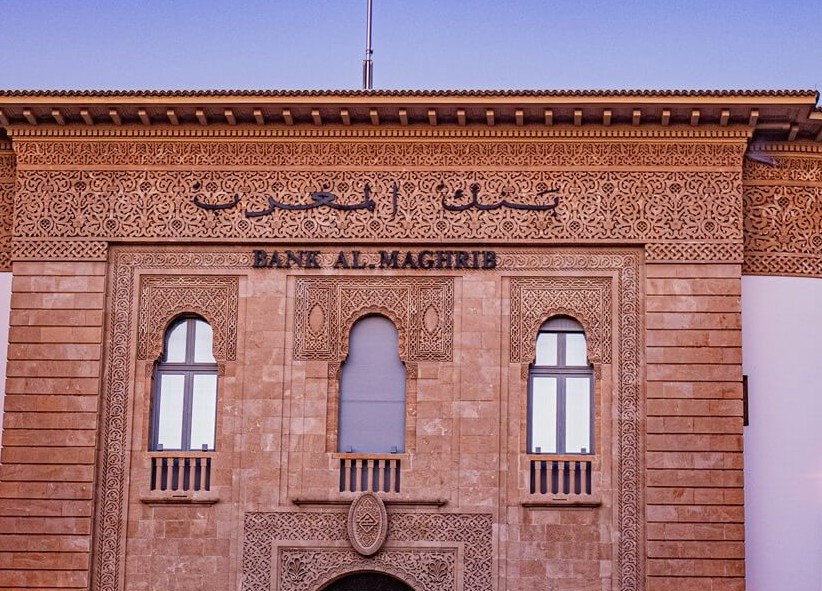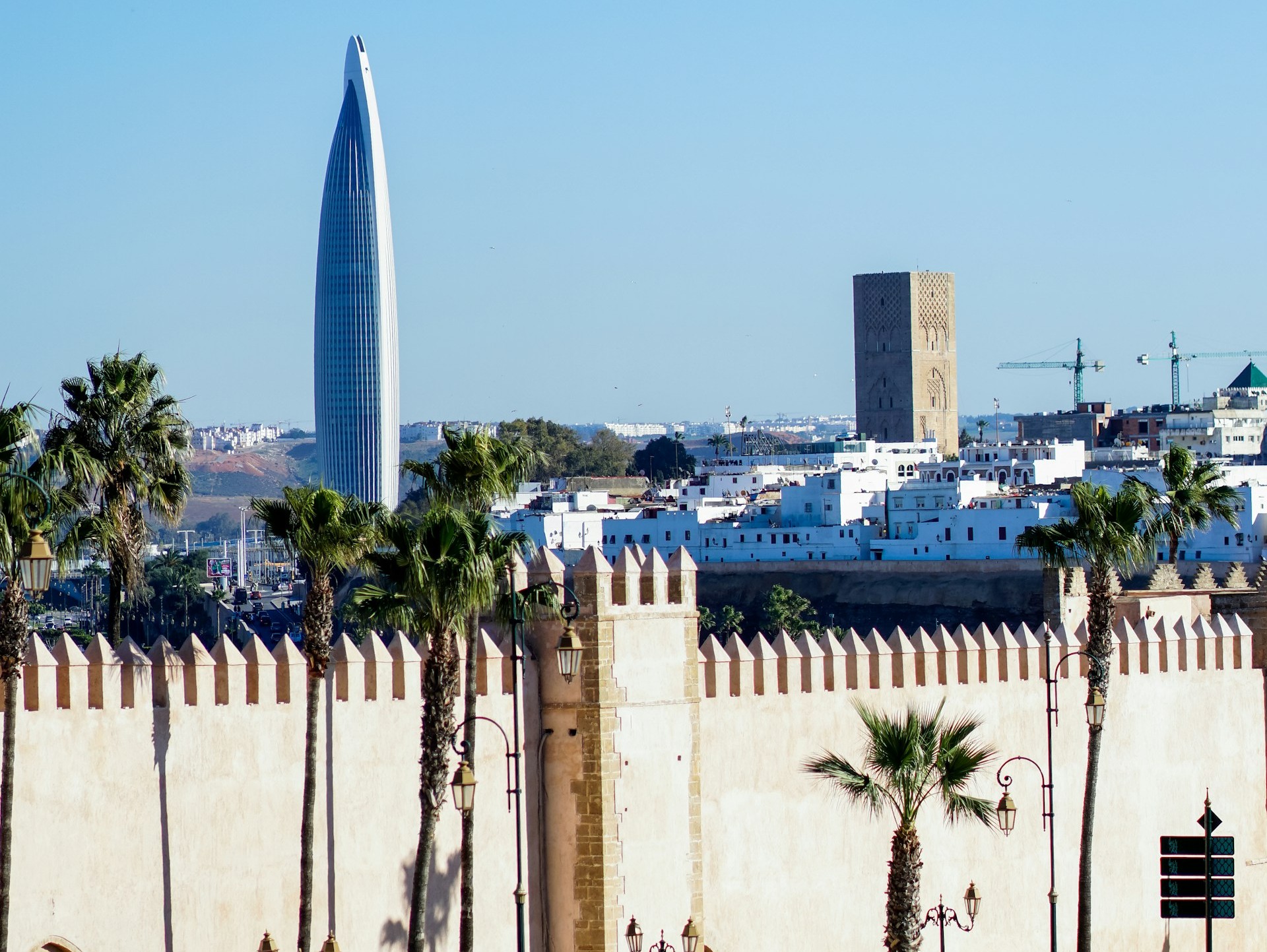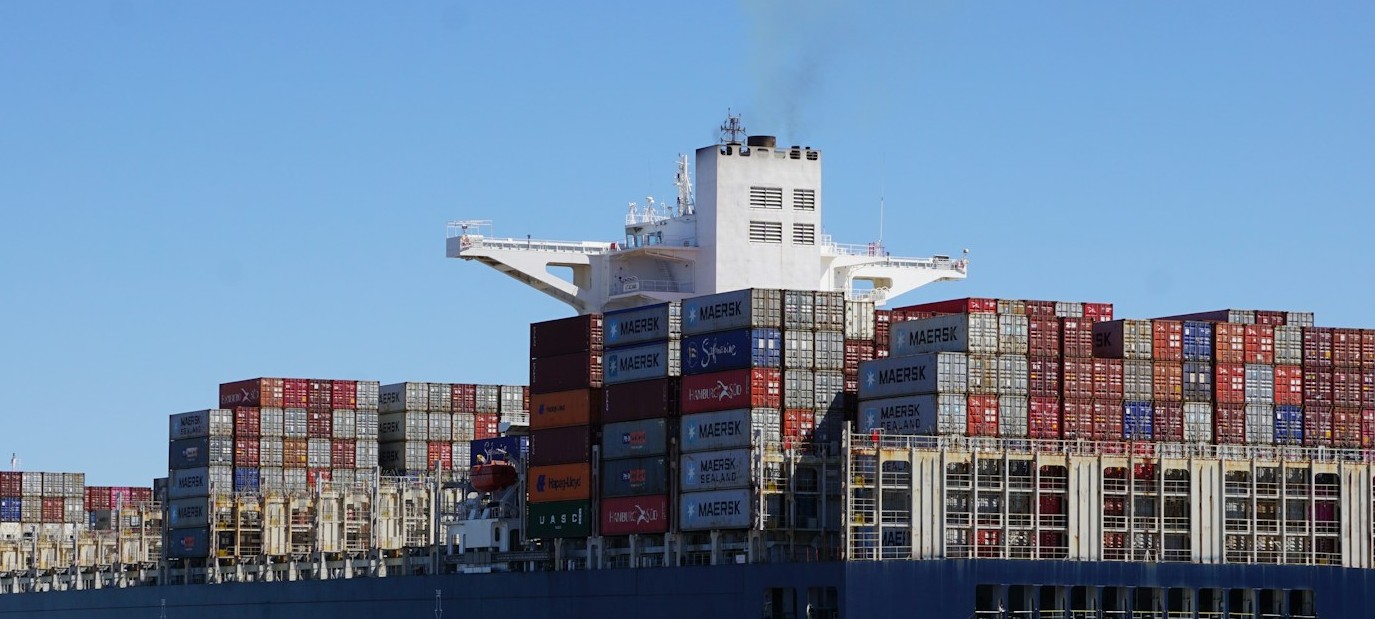Casablanca – Morocco has firmly established itself as a major player in the global avocado trade, particularly in the European market, with Spain emerging as its leading destination. Recent trade data shows that Moroccan avocado exports to Spain surged during the first quarter of 2025, signaling a rapid rise in the country’s agricultural competitiveness and export capacity.
According to official figures released by the Spanish government in response to a parliamentary inquiry, Morocco exported avocados worth approximately $79.1 million to Spain between January and March 2025. This represents a year-on-year increase of 41.2%, a significant jump that places Morocco at the top of Spain’s list of avocado suppliers for the period.
The volume of Moroccan avocados exported to Spain during the first three months of 2025 reached 29,000 tons, despite coinciding with the Spanish domestic harvest season, particularly the “Hass” variety. This export volume already exceeds Morocco’s total avocado exports for the entirety of 2023, which stood at around $70.4 million, and comes close to the $105.1 million achieved in 2024.
Portugal and Peru trail behind
In second place, Portugal exported avocados to Spain worth $22.1 million during the same period. Other notable suppliers included Peru ($10.5 million), Colombia ($8.4 million), Chile ($4.7 million), and the Netherlands ($3.2 million). However, Peru—traditionally the leading avocado supplier to Spain—saw its exports drop by over 53% in Q1 2025 due to the seasonal nature of its harvest, which typically peaks between May and September.
Despite Morocco’s recent gains, Peru maintained its position as the largest annual exporter to Spain in both 2023 and 2024, with total avocado shipments valued at $292.6 million and $377.8 million respectively.
Growing production capacity
Behind Morocco’s export momentum is a set of strategic investments in agricultural infrastructure, particularly in irrigation technologies and supply chain efficiency. According to economic reports and agricultural monitoring platforms, Morocco’s total avocado production reached over 120,000 tons in the 2024–2025 season—50% higher than the previous year and significantly above Spain’s domestic production, which was estimated at 75,000 tons.
Favorable climatic conditions have also played a key role. Morocco’s avocado farms benefit from low wind exposure, warm temperatures, and minimal rainfall during critical growth periods—factors that contribute to high yield quality and earlier tree maturity.
Tensions with Spanish growers
However, the rapid rise of Moroccan avocados in Spain has not gone unnoticed among local farmers, particularly in Andalusia and Valencia. Producers have expressed concerns over what they describe as “unfair competition,” citing differences in environmental, labor, and regulatory standards between the two countries. These tensions have been heightened by a 29% drop in domestic avocado prices, attributed in part to the increase in cheaper Moroccan imports.
Nonetheless, border inspection reports from Spanish authorities indicate that Morocco’s avocados are not the main source of pesticide-related violations recorded in early 2025. Most such cases have been linked to imports from other countries, including Peru, somewhat defusing criticisms aimed at Moroccan suppliers.
Broader market dynamics
The surge in Moroccan avocado exports is part of a larger trend of rising trade activity in the European avocado market. Spain’s total avocado exports during Q1 2025 reached $182.4 million, marking a 13.4% increase from the same period in 2024. Over the past two years, Spain’s annual avocado exports rose from $434.4 million in 2023 to $483.0 million in 2024.
At the same time, Spanish avocado imports grew as well, totaling $132.9 million in the first quarter of 2025, a 17.5% increase year-on-year. In 2023 and 2024, Spain imported avocados worth $566.1 million and $691.9 million, respectively.
Looking ahead
The Moroccan government and agricultural sector appear poised to continue expanding their foothold in the European avocado market. However, the rising competition is also pushing the European Union to reconsider elements of its agricultural trade policies, with some voices calling for a more level playing field that accounts for differing social and environmental standards across trading partners.
Industry observers emphasize the importance of sustained dialogue and technical cooperation between Morocco and the EU to ensure the long-term sustainability of the avocado trade, especially in the face of climate volatility and increasing food security demands in the Mediterranean region.
As avocado consumption continues to grow across Europe, Morocco’s role as a reliable and cost-effective supplier is likely to solidify further—though not without ongoing debate over the rules that govern the trade of this increasingly valuable crop.


